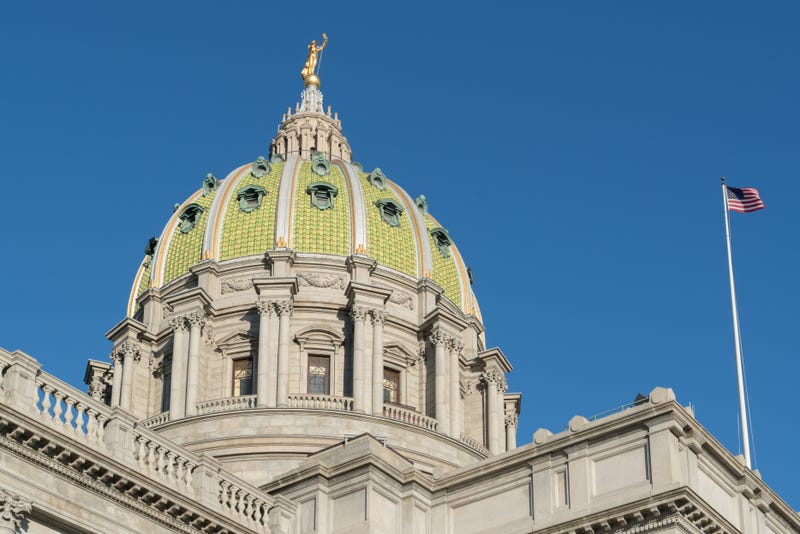
HARRISBURG, Pa. (KYW Newsradio) — A bill that would raise Pennsylvania’s minimum wage to $15 an hour for most of the state is on its way to the Pennsylvania Senate, after narrowly passing the state House of Representatives by one vote on party lines.
Under the bill, the minimum wage is staggered based on population. Most counties, including Philadelphia and suburban counties would see a minimum of $15. But Philadelphia’s would be effective Jan. 1, 2026, while the suburban counties would have step-increases, reaching $15 per hour in Jan. 2028.
York County Republican state Rep. Kate Klunk called the bill “unworkable” for employers with sites across Pennsylvania. “It is a compliance nightmare for employers with no clear language and no guidance on how to navigate it,” she said.
“If you wonder why people don’t want to be in this state, business and people leave, it’s dumb ideas like this,” said fellow York County Republican state Rep. Seth Grove.
Much of the two-hour floor debate focused on whether a minimum wage hike helps or hurts workers. Minority Whip Tim O’Neil said forcing businesses to raise wages would hurt the very people the bill was meant to help.
“They'll often respond by cutting hours, reducing staff, or raising prices, hurting everyone, especially low income families. Small businesses are already struggling,” he said.
Republican state Rep. Eric Nelson, of Westmoreland County, said a wage hike would ensure workers no longer meet income thresholds for certain government assistance programs. “This program kills jobs and it pushes people off the welfare cliff, which is going to impact those much-needed benefits.”
However, Allegheny County Democratic state Rep. Emily Kinkead pointed to the gap in average pay increases for hourly workers compared to executives.
“We must raise the minimum wage in this commonwealth, because we have waited nearly two decades for capitalism to get it done, and it has failed,” she said.
“When wages are too low, workers, poor workers turn to government assistance, Medicaid, food stamps, housing help. And who picks up the bill? Taxpayers, we all pick up the bill. That's not conservatism. That's a subsidy for poverty wage,” said Berks County Democratic state Rep. Manny Guzman.
The bill faces a steep climb as it now heads to the GOP-controlled state Senate.
